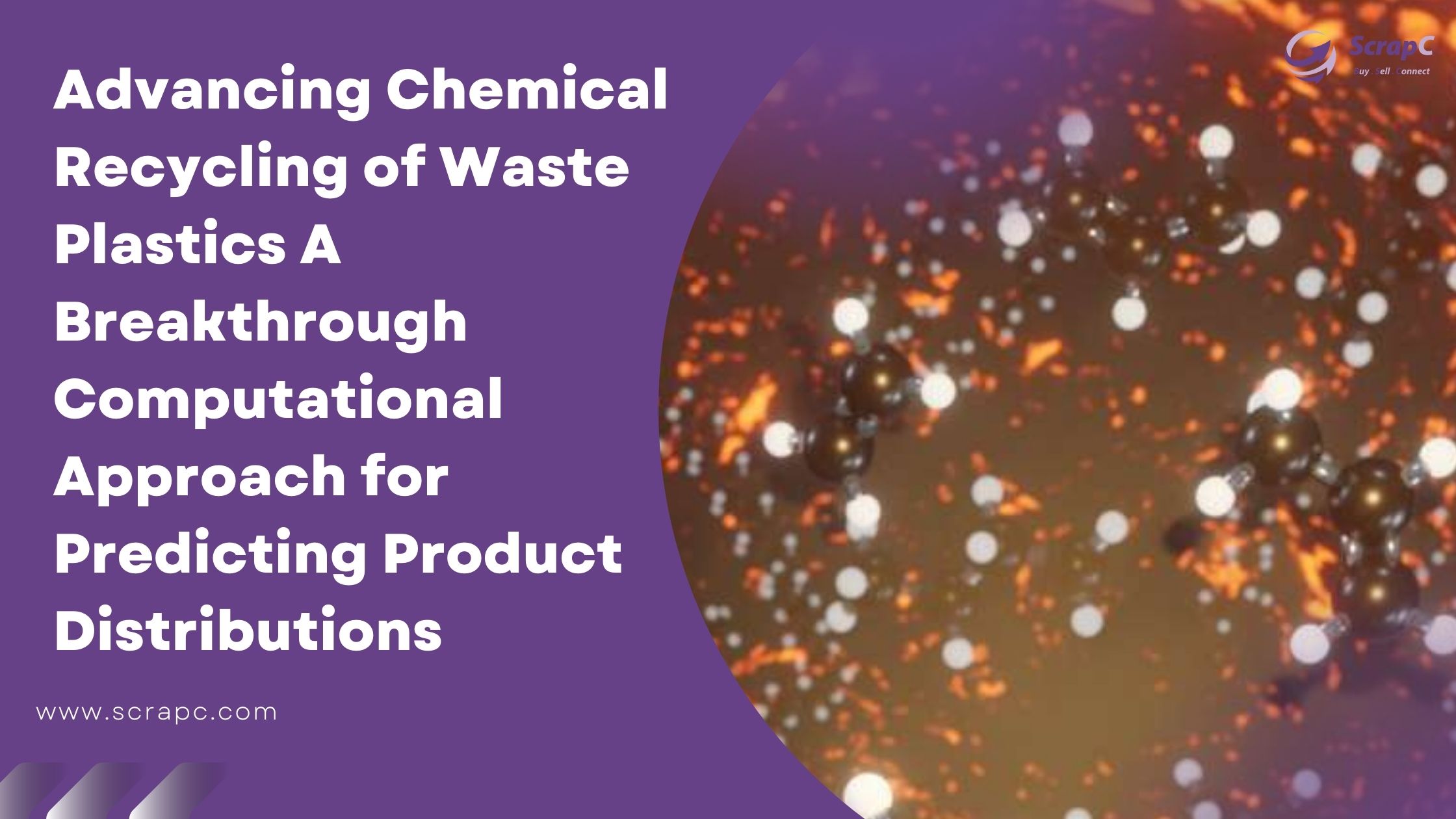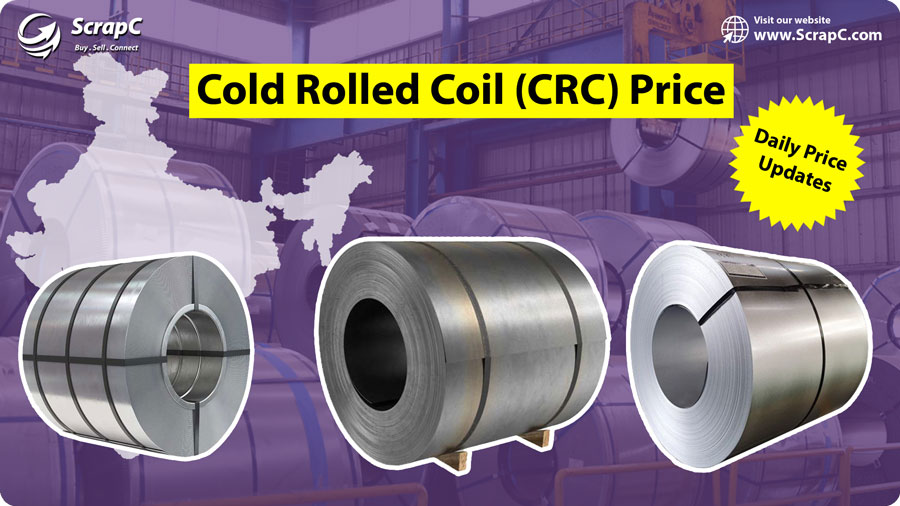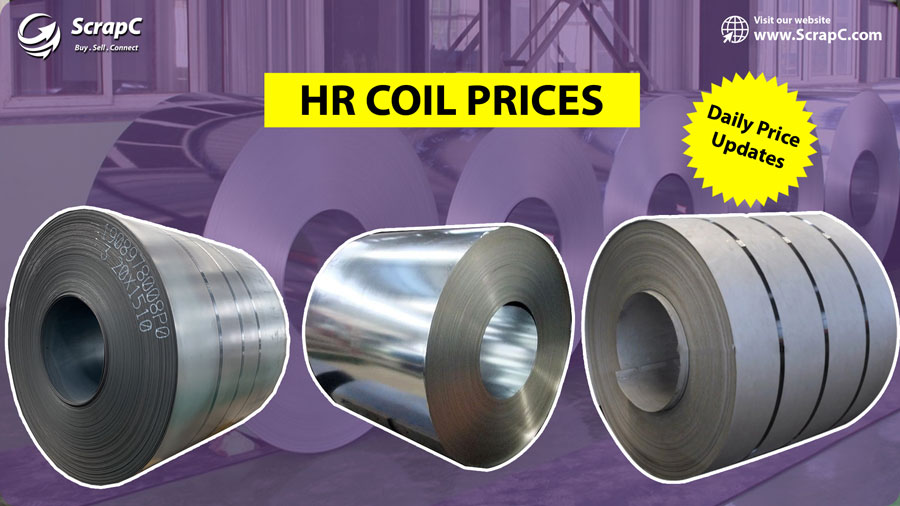Introduction:
Plastic waste is a ubiquitous and concerning problem, with only a small percentage being recycled. However, researchers at the University of Pittsburgh, Chemical Recycling, led by Associate Professor Giannis Mpoumpakis, have made significant progress in optimizing pyrolysis, a promising technology for chemically recycling waste plastics into valuable chemicals.
1. The Plastic Waste Challenge:
Plastic recycling is challenging and expensive due to its complex molecular structure, unlike infinitely recyclable materials like glass. With over 380 million metric tons of plastic produced annually, the recycling rate remains disappointingly low.
2. Pyrolysis: A Practical Solution:
Pyrolysis shows promise as a cost-effective method to convert waste plastics into high-value products. However, finding optimal operating conditions without relying on trial-and-error experimentation has been a major hurdle.
3. Overcoming Limitations with Computational Framework:
Mpoumpakis and his team developed a groundbreaking computational framework to accurately predict the temperature-dependent thermochemistry of large and flexible plastic molecules.
4. Precise Calculations with DFT:
Density Functional Theory (DFT) calculations are commonly used for precise thermochemical data, but they become computationally expensive for large plastic molecules at elevated pyrolysis temperatures.
5. The Novel Computational Framework:
The researchers combined conformational search, DFT calculations, thermochemical corrections, and Boltzmann statistics to obtain reliable thermochemistry data.
6. Predicting Thermal Decomposition Profiles:
Using the framework, the team successfully predicted the thermal decomposition profiles of octadecane, a model compound representing polyethylene, demonstrating its potential for plastic pyrolysis optimization.
7. Advancing Sustainable Waste Management:
This breakthrough in predicting temperature-dependent product distributions from plastic pyrolysis is a significant step towards sustainable waste management and reducing plastic pollution.
8. Guiding Future Research:
The computational analysis will guide future experimental efforts in chemical plastic recycling, enhancing the efficiency of converting waste plastics into valuable chemicals.
Conclusion:
As plastic production continues to rise, the research conducted by Mpoumpakis and his team offers hope for sustainable waste management strategies. By optimizing pyrolysis through their computational approach, this work contributes to reducing plastic pollution and benefiting both the environment and society.






